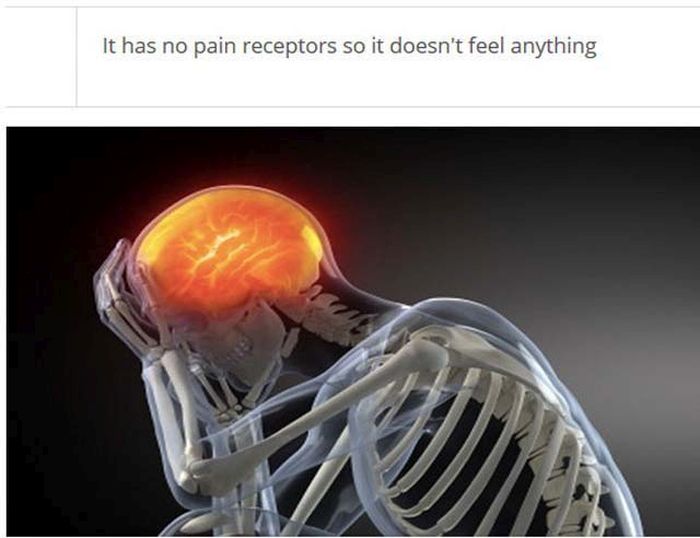|
|
Interesting Facts About Brain
|
Clinically, death is defined as an absence of brain activity as measured by EEG. Injuries to the brain tend to affect large areas of the organ, sometimes causing major deficits in intelligence, memory, personality, and movement. Head trauma caused, for example, by vehicular or industrial accidents, is a leading cause of death in youth and middle age. In many cases, more damage is caused by resultant edema than by the impact itself. Stroke, caused by the blockage or rupturing of blood vessels in the brain, is another major cause of death from brain damage.
Other problems in the brain can be more accurately classified as diseases. Neurodegenerative diseases, such as Alzheimer's disease, Parkinson's disease, Huntington's disease and motor neuron diseases are caused by the gradual death of individual neurons, leading to diminution in movement control, memory, and cognition. There are five motor neuron diseases, the most common of which is amyotrophic lateral sclerosis (ALS).
Some infectious diseases affecting the brain are caused by viruses and bacteria. Infection of the meninges, the membranes that cover the brain, can lead to meningitis. Bovine spongiform encephalopathy (also known as "mad cow disease") is deadly in cattle and humans and is linked to prions. Kuru is a similar prion-borne degenerative brain disease affecting humans, (endemic only to Papua New Guinea tribes). Both are linked to the ingestion of neural tissue, and may explain the tendency in human and some non-human species to avoid cannibalism. Viral or bacterial causes have been reported in multiple sclerosis, and are established causes of encephalopathy, and encephalomyelitis.
Mental disorders, such as clinical depression, schizophrenia, bipolar disorder and post-traumatic stress disorder may involve particular patterns of neuropsychological functioning related to various aspects of mental and somatic function. These disorders may be treated by psychotherapy, psychiatric medication, social intervention and personal recovery work or cognitive behavioural therapy; the underlying issues and associated prognoses vary significantly between individuals.
|
|









